What are the signs of depression in women?
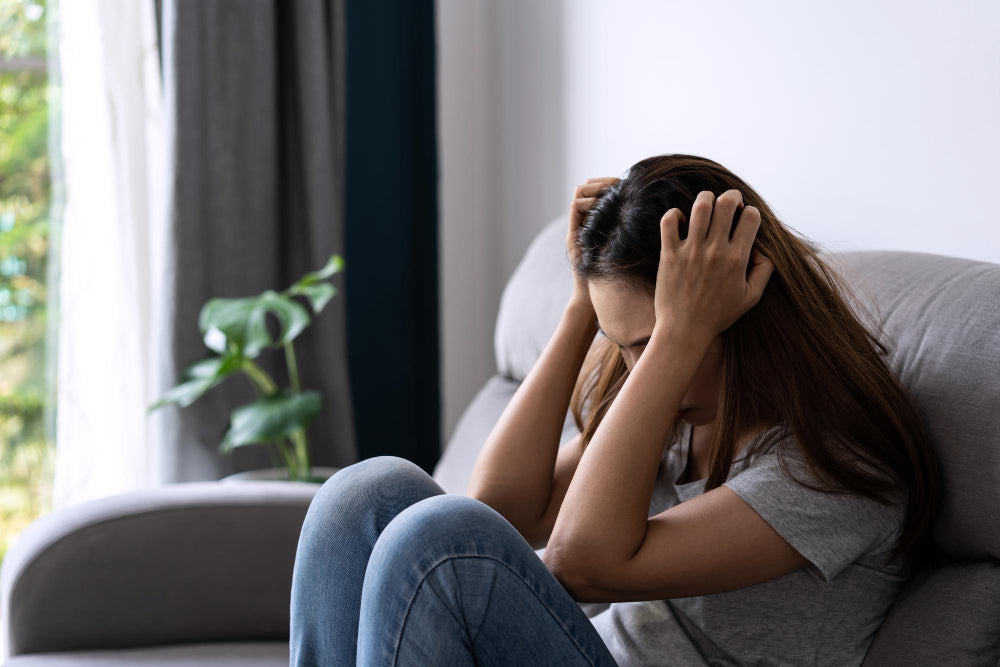

Depression and other mental health conditions may not always have visible symptoms but there are some things that you can look out for.
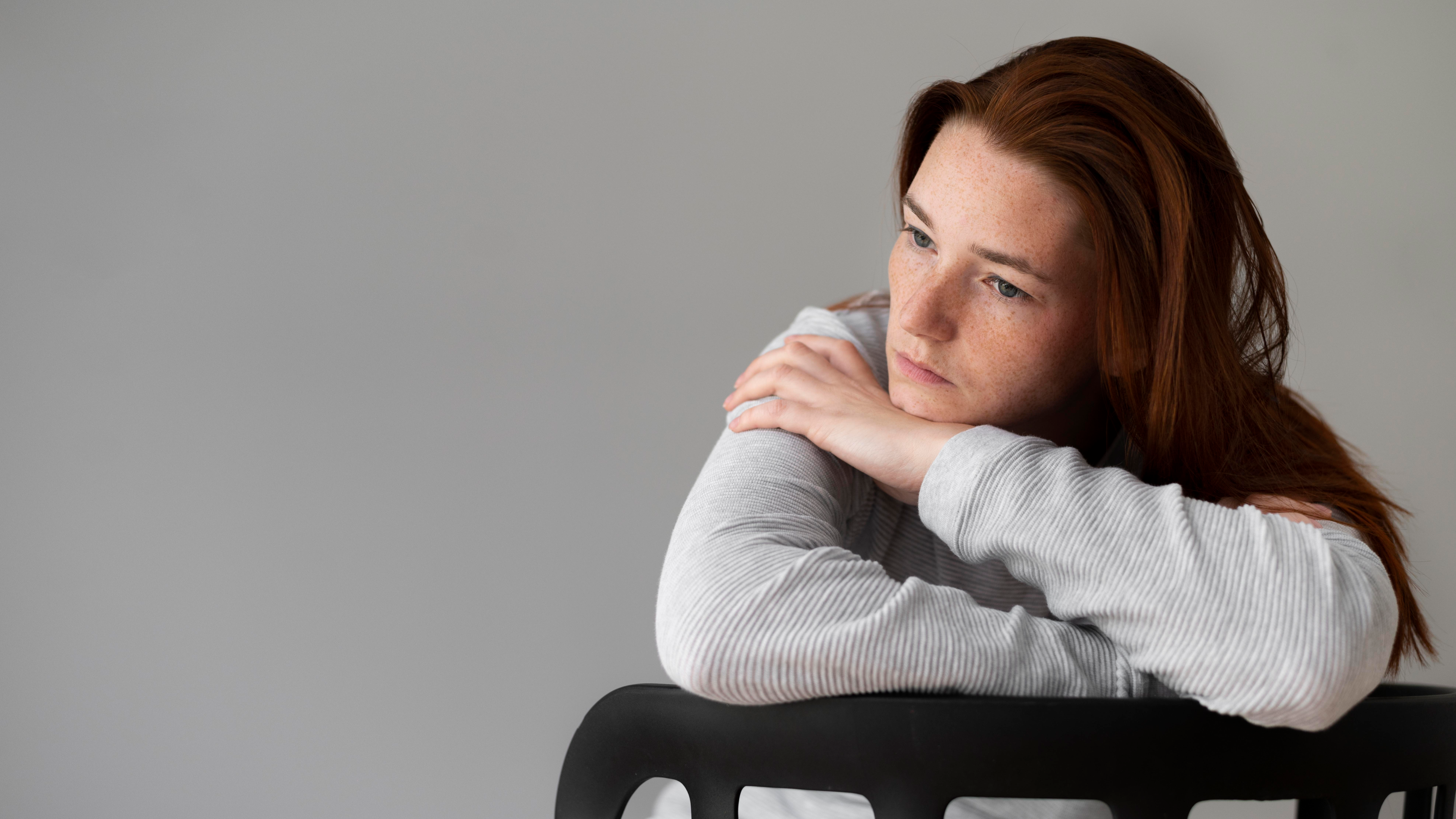
Do you know what depression is? Most of us confuse it with a bad mood or a temporary sadness. But the reality is different. Depression is a collection of various mood disorders and is termed a major depressive disorder. It is closely related to other mental disorders, e.g., bipolar disorder etc.
Clinical depression is caused by various factors, e.g., health issues, social problems, psychological factors, economic worries, etc. Regardless of the causes, it is important to identify the early symptoms and consult a mental health professional as soon as possible.
Although most signs of depression are not gender-specific, some differences exist between genders. For example, studies have noted that a depressed man is likely to show anger while a depressed woman is likely to cry or show more sadness.
A lot of factors can be responsible for this. For example, in most cultures, men are pressured to hide their inner emotions and appear strong, while generally, women are more accepting of weeping and crying.
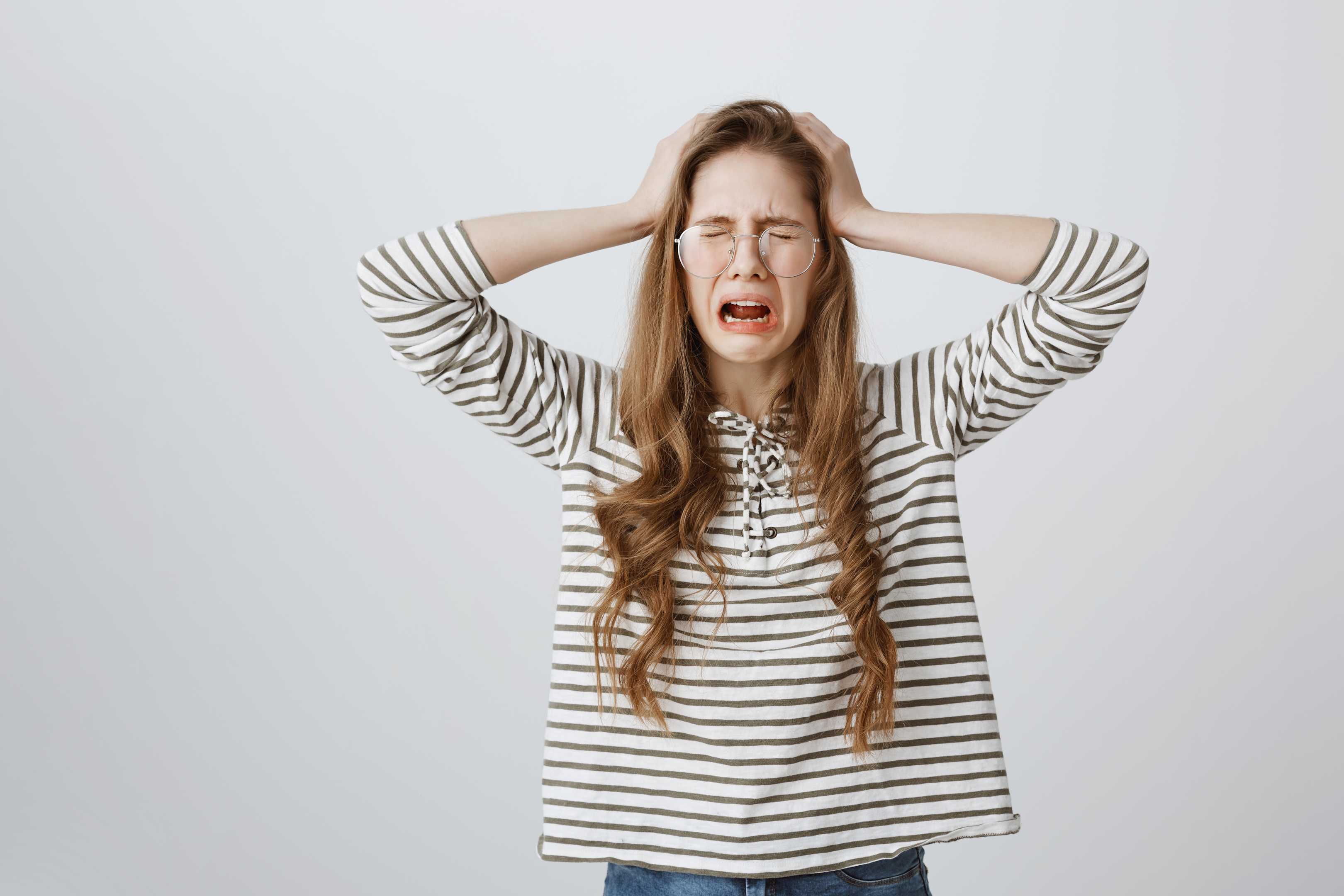
Often, the rigid and out-of-date standards of masculinity may mean that a man will hide his depression, while the so-called fragility of femininity may make a women more expressive. However, this doesn't mean women don't express anger and hide their feelings. However, they may be less likely to do so.
Depression is very common. A WHO report published in 2008 found that depression is the third most important cause of disease burden worldwide. The report also predicted it will likely become the first most important cause by 2030.
It is common in all genders, but due to biological and environmental factors, the incidence of depression is more in women than in men, and various studies have highlighted this fact. For example, a 2011 study published in PSYCHIATRIC RESEARCH found that the incidence of major depression in women is twice than that in men.
Why is this so? Various theories have been proposed to explain and have noted various factors, e.g.,
The difference in sexual hormones between men and women causes a change in behaviour after adulthood. It happens because these hormones affect the nervous system and brain chemistry differently.
Women (in most societies) are exposed to more stress, e.g., they receive more sexual assaults than men. This fear and the sense of objectification can make them more vulnerable to depression.
In some cultures, the role of women in economic life is limited. It results in the sense of dependence that further increases the susceptibility to depression.
Women also have to face other types of depression, e.g.,
Postpartum depression
Perinatal depression
Premenstrual dysphoric disorder (PMDD)
It is a psychological disorder and can be experienced at every age. It could be acute (short term) or chronic (long term). Irrespective of the cause and type, it can negatively affect the quality of life and a person's overall ability to carry out routine activities.
Most of the signs of depression are common in all genders. But due to a difference in biology and psychology, some symptoms are more pronounced in women than in men. However, it would be helpful if you kept a keen eye on the following signs of depression;
Anxiety and depression are two different things, but they often occur together. An anxious woman is likely to show the following symptoms;
Increased heart rate and rapid breathing
Profuse sweating
Restlessness and nervousness
Feelings of fear, danger, and panic
Muscle twitching or trembling
Loss of concentration
Inability to shift the mind away from the source of worry.
Loss of interest in routine life
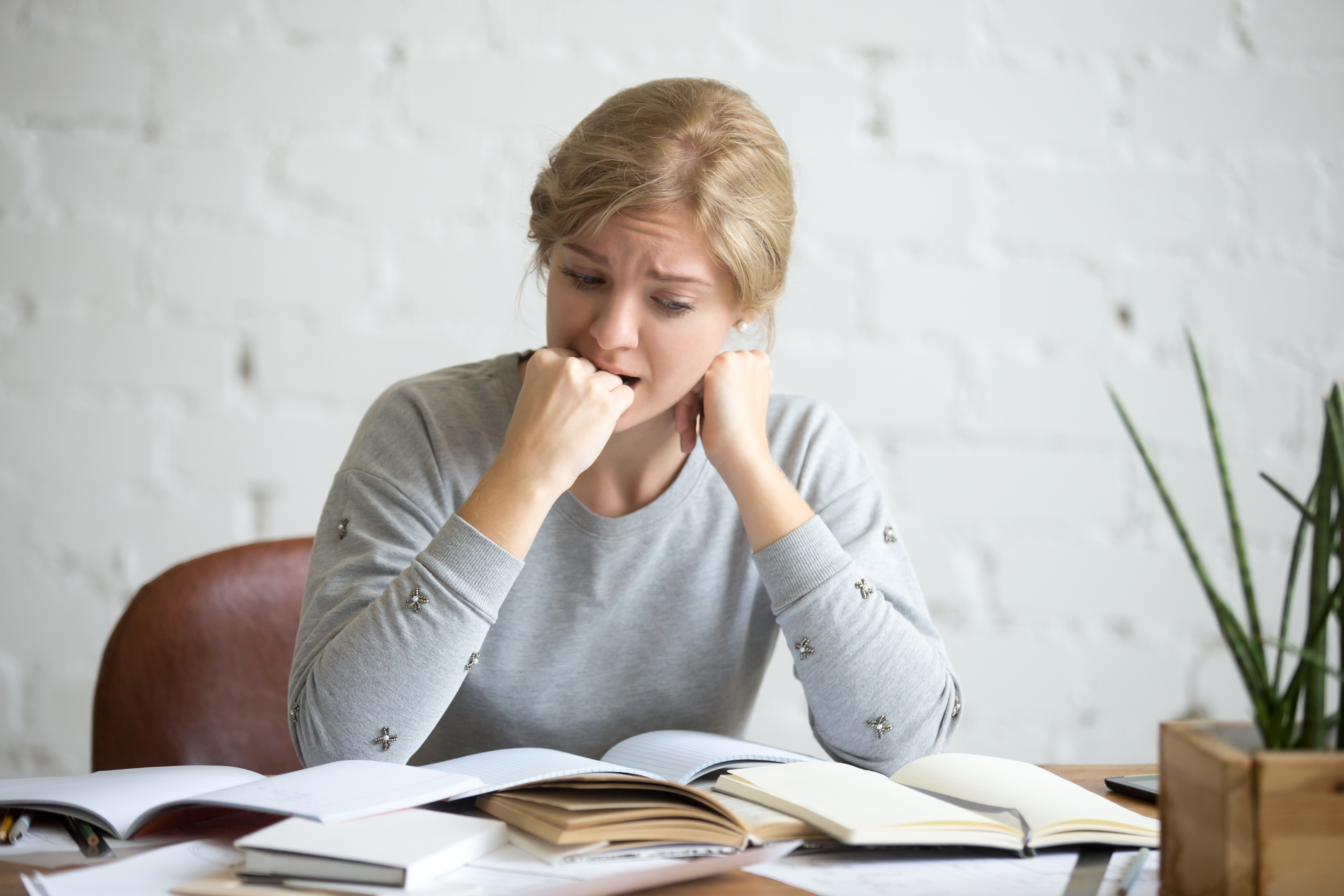
A woman will likely lose all interest in the things that have been a source of enjoyment and pleasure for her. Outings, sports, hobbies, etc., are no more fascinating.
Another important sign of major depression is losing interest in intimacy and sex.
Another sign of major depression is a severe sense of hopelessness that disturbs how you think about life. A self-created sense of guilt, self-hate, a feeling of worthlessness, and blaming yourself for everything bad is also a sign of depression.
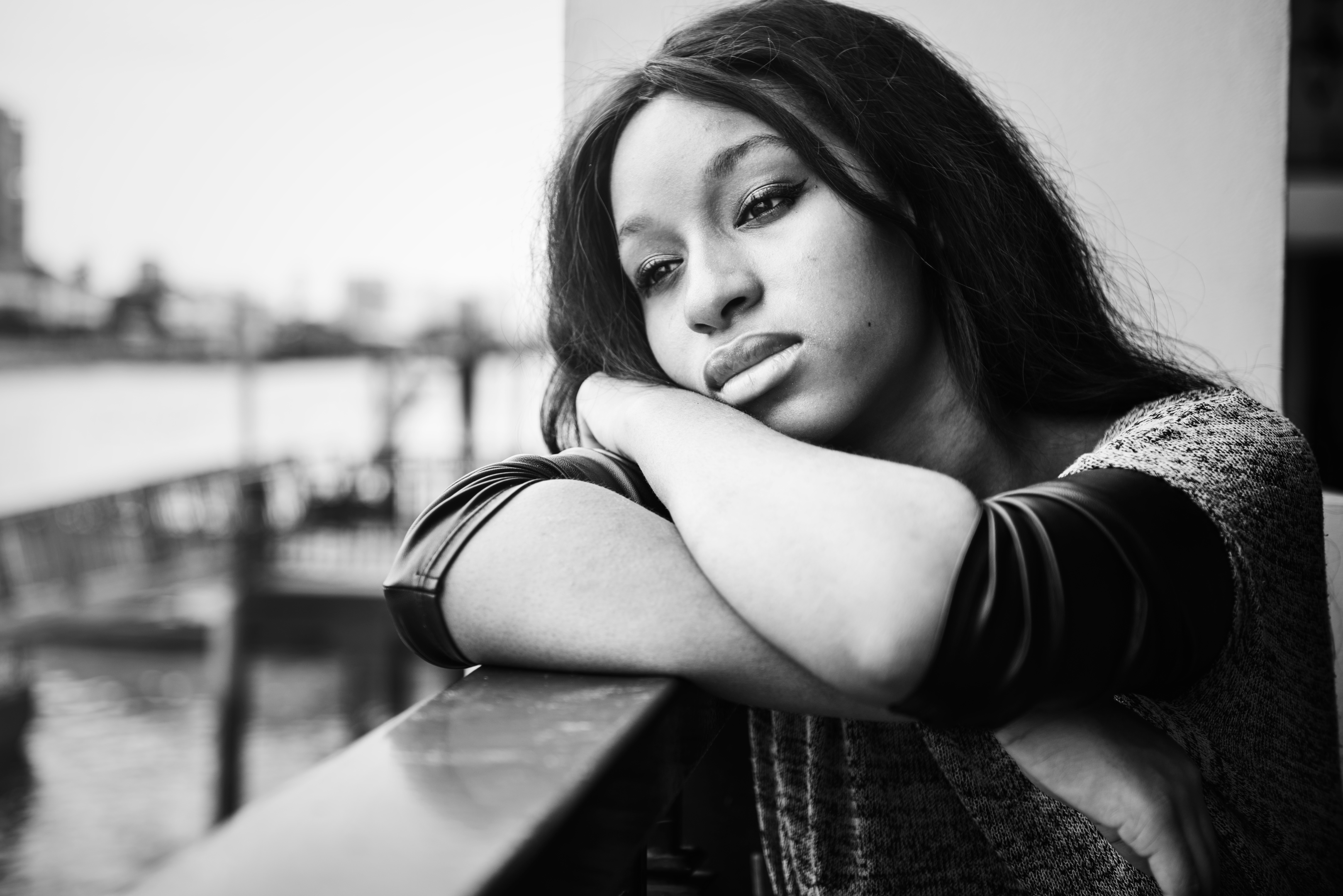
These physical symptoms continue to worsen unless you take the help of a psychologist.
This sign is a complicated one and may vary depending on the person. Some women will lose interest in food and will drop weight, while others will experience bouts of severe appetite and increased weight gain.
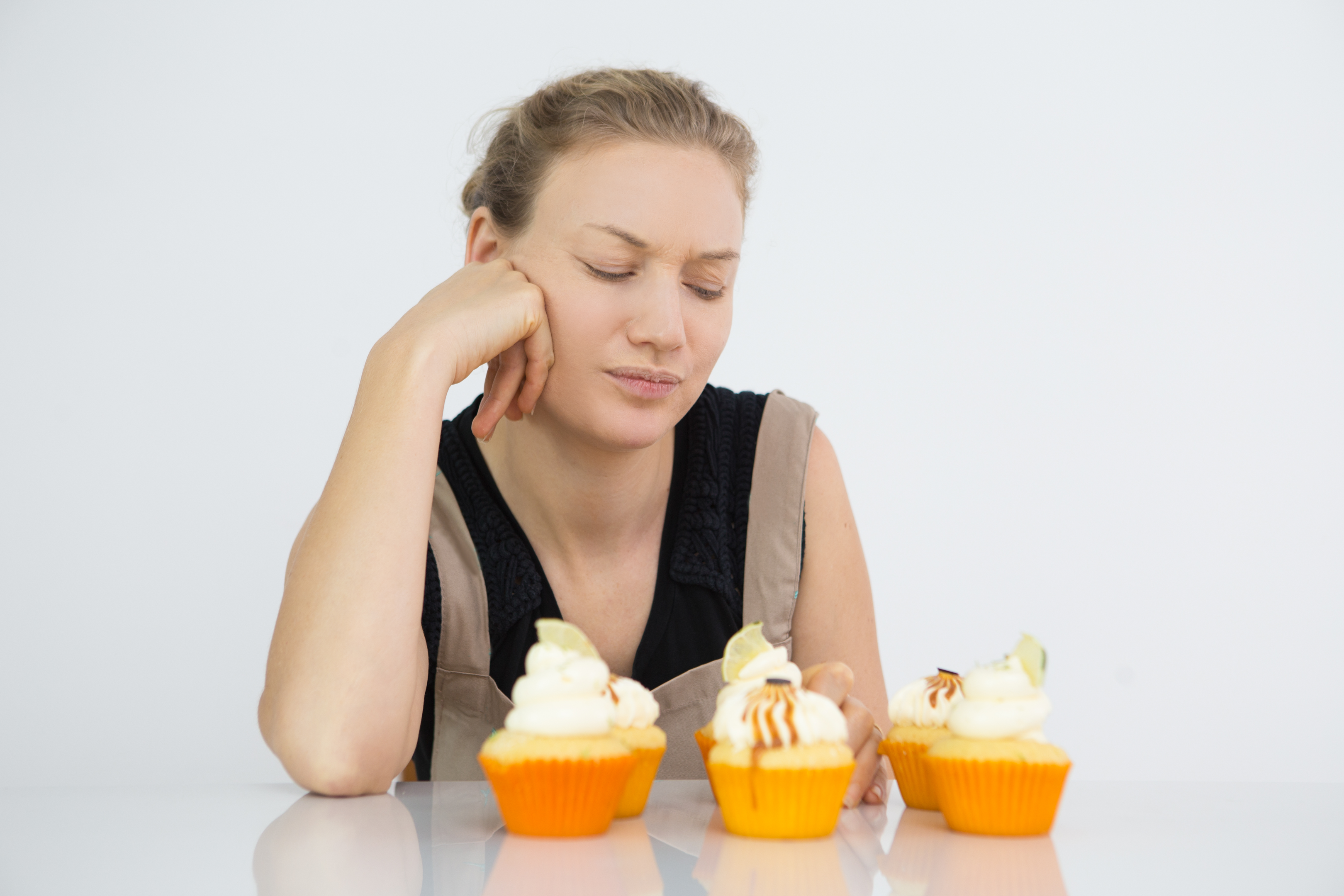
The changes in dietary habits, appetite, and weight could also be due to other things. If, however, they are combined with other symptoms of depression, you are likely to have a depression major.
Depression is among the major causes of self-injury and suicide. Suicide is mostly not an isolated event and is preceded by symptoms of severe depression. The symptoms of depression will be noted easily, and a depressed woman can make several attempts at her life.
Your social responsibility is to keep an eye on people showing such signs and report immediately to the concerned authorities.
Motivation keeps you going throughout the day. However, depression can take away your motivation, and you find it almost impossible to even get out of bed, have a shower, and take out your routine chores.
Depression also changes the way you look at yourself. Low self-esteem is the product of a sense of worthlessness. As a result, a depressed woman will find herself isolated from her friends, family, colleagues, children, partners, etc.
A depressed woman may find that feelings of hopelessness and sadness might stick with her all day. These low moods are often accompanied by feelings of fatigue and exhaustion.

If you have tiredness and fatigue, it could be due to various other causes. Our Tiredness and Fatigue Blood Test can help you to determine the cause. Click here to learn more and order your test kit.
Changes in sleep patterns will be marked but nonspecific. While some women will note a disturbed sleep or total lack of sleep (insomnia), others will have more sleep than usual.
Depression is a mood disorder affecting people of all ages worldwide. Signs of depression are mostly similar in both genders. However, women have been shown to likely be more expressive than men.
Also, women are exposed to additional sources of depression and anxiety, e.g., periods, pregnancy, birth, menopause, PMDD, etc. Regardless of the symptoms, depression is treatable, given that you receive the help of a trusted professional for depression treatment.
It is also your responsibility to look for the symptoms in people around you and immediately contact the national suicide prevention lifeline if you find someone in an advanced stage of depression which can lead to self-harm.
We have more information for you about mental health and mental health treatment. Click here to visit our information page.
Click here for an online consultation to learn more about mental health treatments.










Plus get the inside scoop on our latest content and updates in our monthly newsletter.